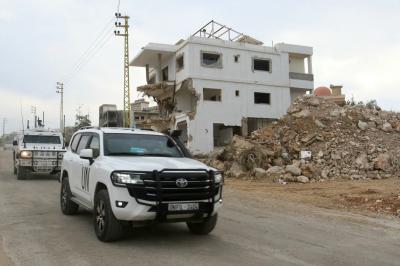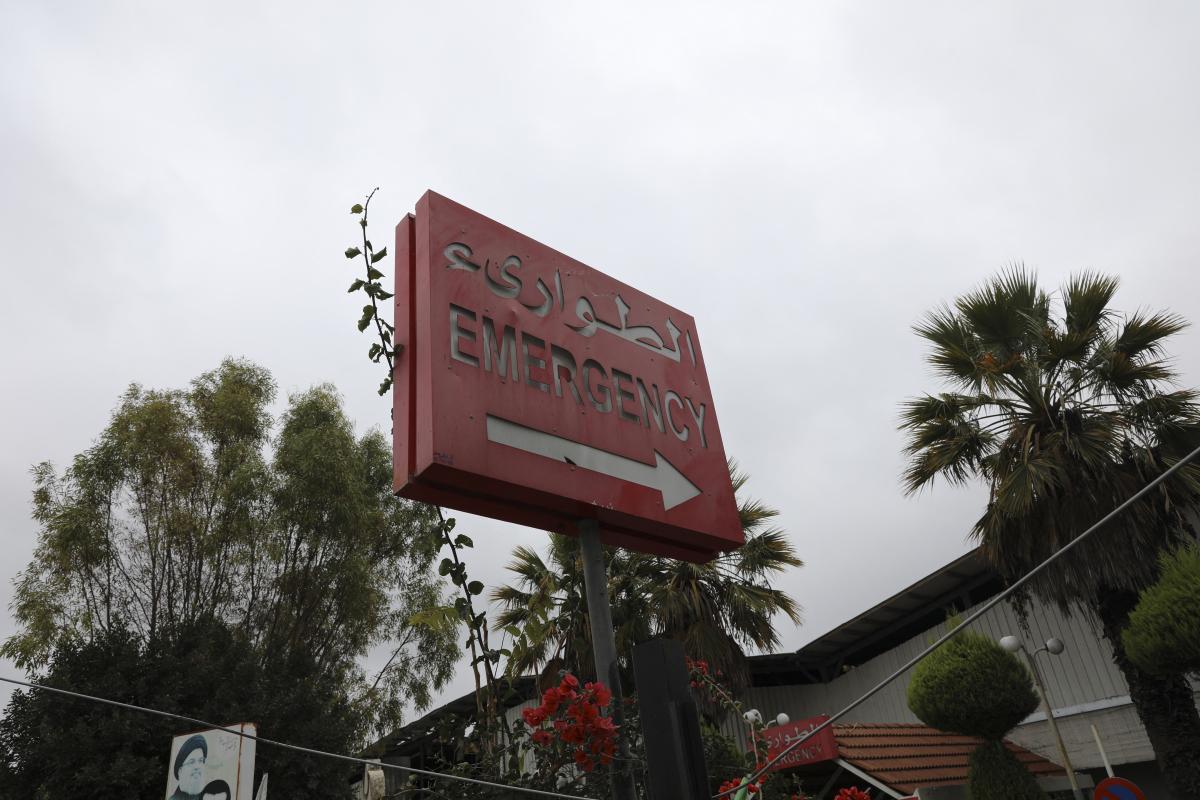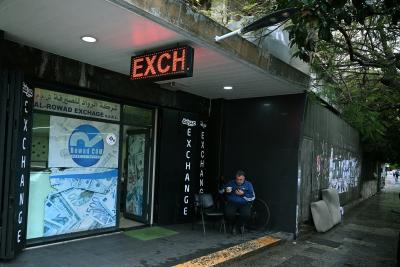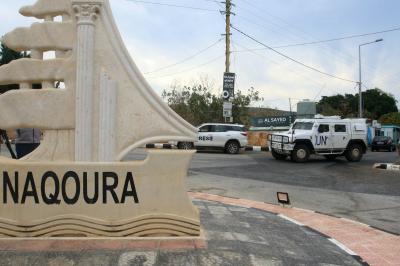In many countries, private insurance is synonymous with "peace of mind." In Lebanon, however, many people remain reluctant to purchase any form of insurance. If they could avoid mandatory vehicle insurance, required for car registration renewal, many would do so without hesitation.
This hesitancy is not just due to declining incomes relative to rising premiums. It also stems from a deep-rooted mistrust—the fear that insurance companies will refuse to honor their commitments when claims arise, particularly for savings and investment policies. This distrust has grown since Lebanon’s economic collapse when some companies began settling their dues, adopting installments or repaying in "lollars" (Lebanese dollars—bank deposits subject to withdrawal restrictions) at their devaluated rates.
Few Lebanese are aware that Lebanon has had an Insurance Control Commission (ICC) since 1968. Operating under the Ministry of Economy, the ICC is responsible for monitoring private insurance companies, ensuring compliance with regulations, and safeguarding their financial stability.
One of its key roles is to verify that insurers are financially and legally capable of meeting their obligations toward policyholders. When necessary, it has the authority to impose penalties, including revoking licenses from companies that fail to comply.
New Leadership to Revive the Sector
In recent years, the ICC has become more visible, particularly after the Beirut Port explosion in 2020, which coincided with Lebanon’s economic collapse. The commission played a key role in resolving disputes between insurers and policyholders, exposing internal abuses that led to arrests and a leadership overhaul.
In March 2024, Lebanon’s Parliamentary Committee on Economy and Trade and the Ministry of Economy appointed Nadim Haddad as interim chairman of the ICC. Shortly after his appointment, Haddad outlined his reform agenda to stabilize the struggling sector, with a focus on protecting private insurance and balancing the growing demand for coverage with insurers’ financial management.
"Our priority is to prevent the insurance sector from becoming another failed industry in Lebanon," Haddad said in an interview with Al-Safa News. "We need to restore trust while enforcing strict regulations to prevent further abuses."
A Fragmented Sector in Need of Restructuring
Lebanon has 43 private insurance companies, including two foreign firms. However, one of the foreign companies is preparing to exit the market, under ICC supervision, to ensure all outstanding policies are settled before its departure.
Despite the high number of insurers, only around 900,000 Lebanese have insurance, meaning there is one company for every 21,000 insured individuals—a disproportionate market where a handful of companies control the majority of policies in both volume and value.
To address this imbalance, Haddad insists on the need for sector-wide restructuring:
"We must increase the capital requirements for insurance companies and implement the IFRS 17 international accounting standard," he explained. "This will reassure international reinsurers and ensure that local insurers adhere to transparent financial reporting."
Haddad believes these reforms, implemented gradually over the coming years, will weed out weaker players while strengthening companies that meet higher standards—leading to a natural restructuring of the industry.
A Regulatory Council Paralyzed by Politics
Another major challenge is the National Insurance Council, a control body composed of government-appointed and industry-elected members. Despite its recent formation, it remains inactive due to political gridlock.
This council is crucial for improving oversight and imposing sanctions on non-compliant insurers. However, without political consensus, its effectiveness remains in limbo.
Soaring Premiums and Declining Accessibility
As more Lebanese rely on private insurance, access to affordable coverage has become increasingly difficult. The crisis has severely weakened public healthcare services, including:
The National Social Security Fund (NSSF)
The healthcare systems of the Lebanese Armed Forces
The Ministry of Health
The Civil Servants’ Cooperative
As a result, the cost of insurance premiums has skyrocketed, making private coverage unaffordable for most Lebanese. This spike is not just due to the dollarization of policies but also because hospitals keep raising their rates.
"Health insurance represents the largest share of policies sold," Haddad noted. "Yet hospital bills increased by 15–20% in 2024 and are expected to rise further this year, despite being fully priced in cash dollars."
Insurance companies, which initially based their pricing on stable rates, have suffered significant losses due to these unexpected increases, with loss ratios surging to between 130% and 140%.
"This situation is unsustainable," Haddad warned. "We have raised concerns with the Ministry of Health and hospital syndicates, but so far, no concrete solutions have been implemented to contain these price hikes."
Health Insurance Under Pressure
Before the crisis, private insurers covered only 20% of medical expenses for policyholders with public insurance (such as the NSSF or the Civil Servants’ Cooperative).
Today, with public coverage effectively collapsing, private insurers now bear 80% of healthcare costs, forcing them to reevaluate premium rates.
While life, savings, and auto insurance policies have remained relatively stable, health insurance contracts have declined sharply, dropping from over 1 million before the crisis to about 900,000 today.
Faced with skyrocketing costs, many policyholders have downgraded their coverage:
-Switching from first-class to second-class medical coverage
-Limiting insurance to hospitalization only
-Eliminating additional benefits to lower premiums
"This is not a healthy trend," Haddad said. "In a country with no functional social safety net, private insurance is becoming a necessity rather than a luxury."
An Uncertain Future: Between Economic Challenges and Pending Reforms
Another major issue is disputes over life insurance and savings plans. Some insurers have attempted to settle payouts with bank checks, a practice deemed unacceptable by policyholders who cannot access their funds due to banking restrictions.
"Our commission closely monitors these cases," Haddad emphasized. "If an insurer and policyholder reach a mutual agreement, we do not intervene. But in cases of disputes, our role is to ensure the best possible settlement for the insured."
According to Haddad, the sector’s future hinges on a clear roadmap involving all stakeholders. The goal? Expanding insurance coverage to more Lebanese while maintaining financial stability.
"We are working with insurance companies to develop a plan that increases coverage accessibility," Haddad concluded. "With ongoing reforms and rising demand for insurance, we hope to prevent the sector from collapsing."
But the key question remains: Will these reforms be enough to provide Lebanese citizens with reliable healthcare coverage, or will they continue to face exclusion from basic medical services due to exorbitant costs?
Only time will tell.
Please post your comments on:
[email protected]
 Politics
Politics













